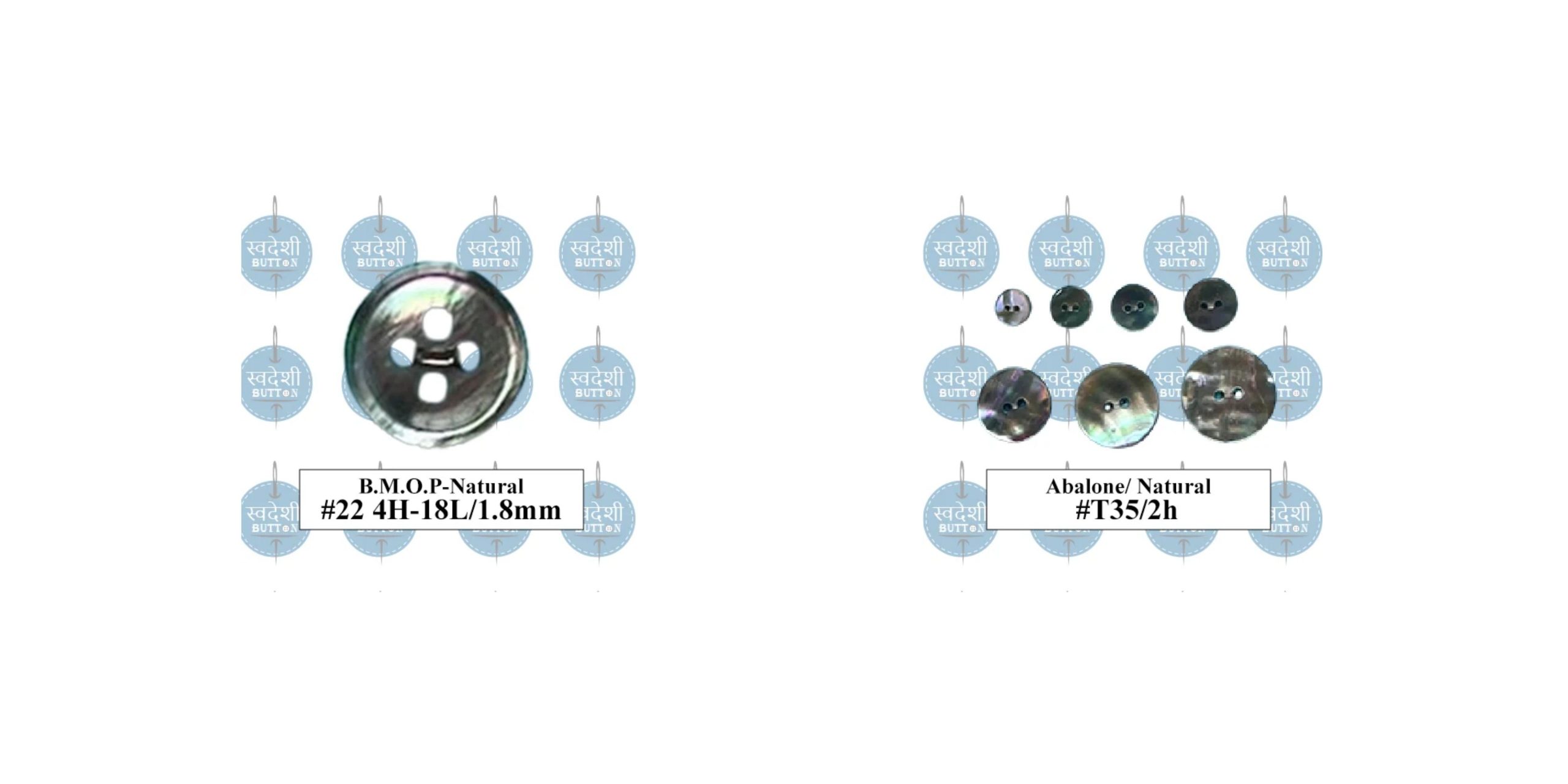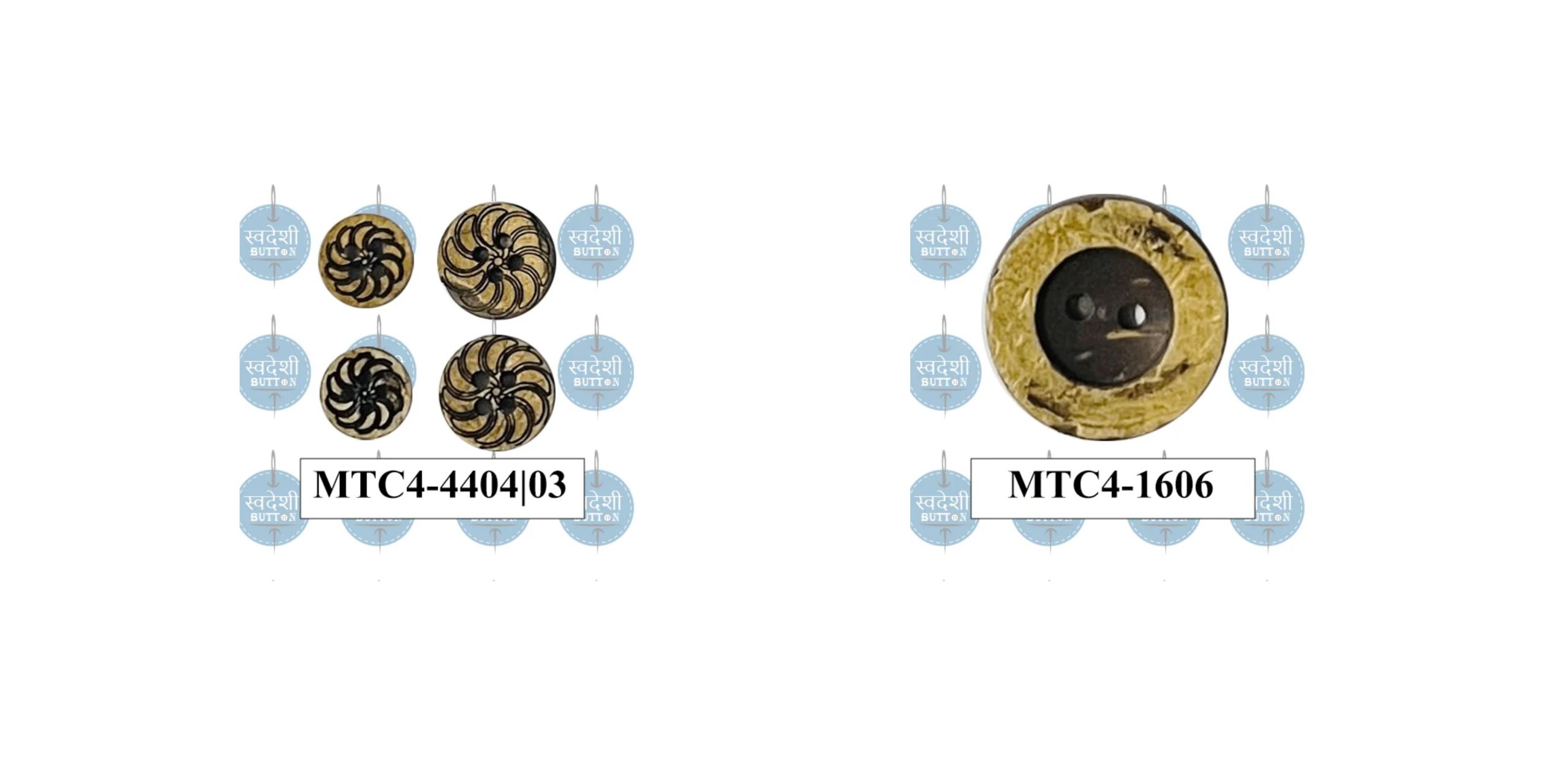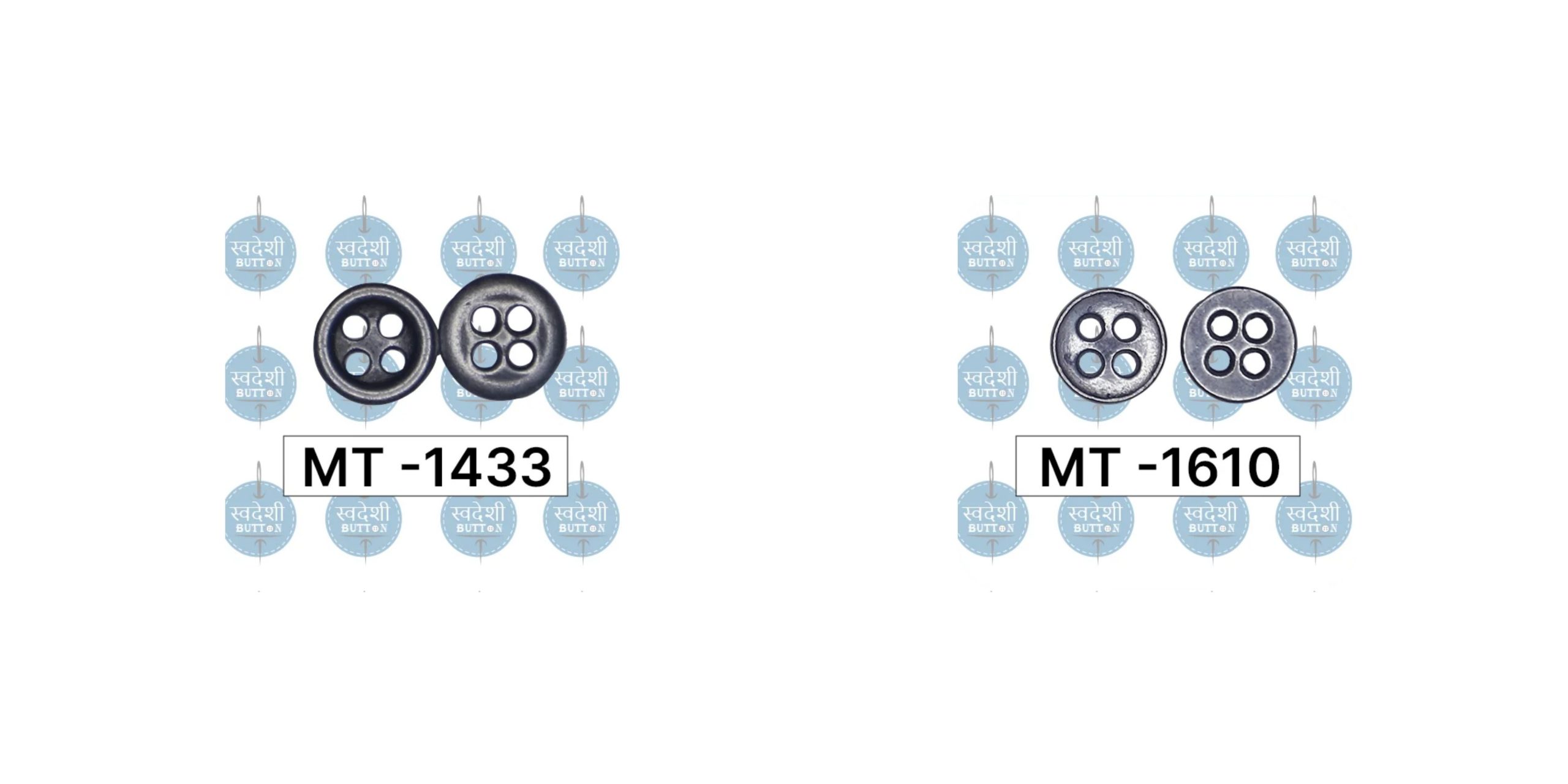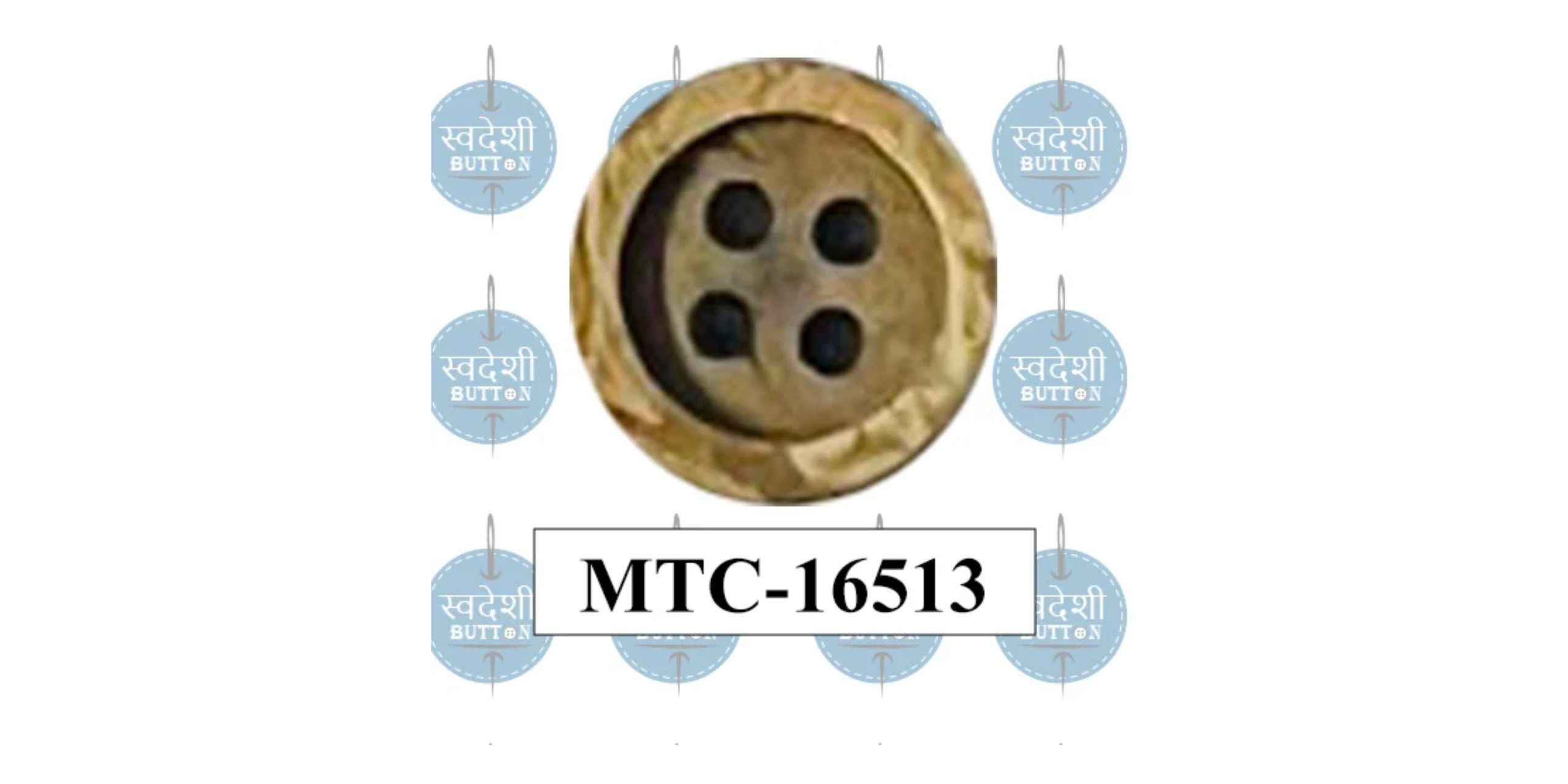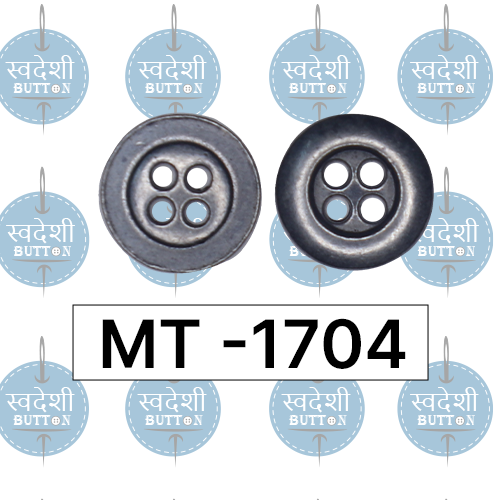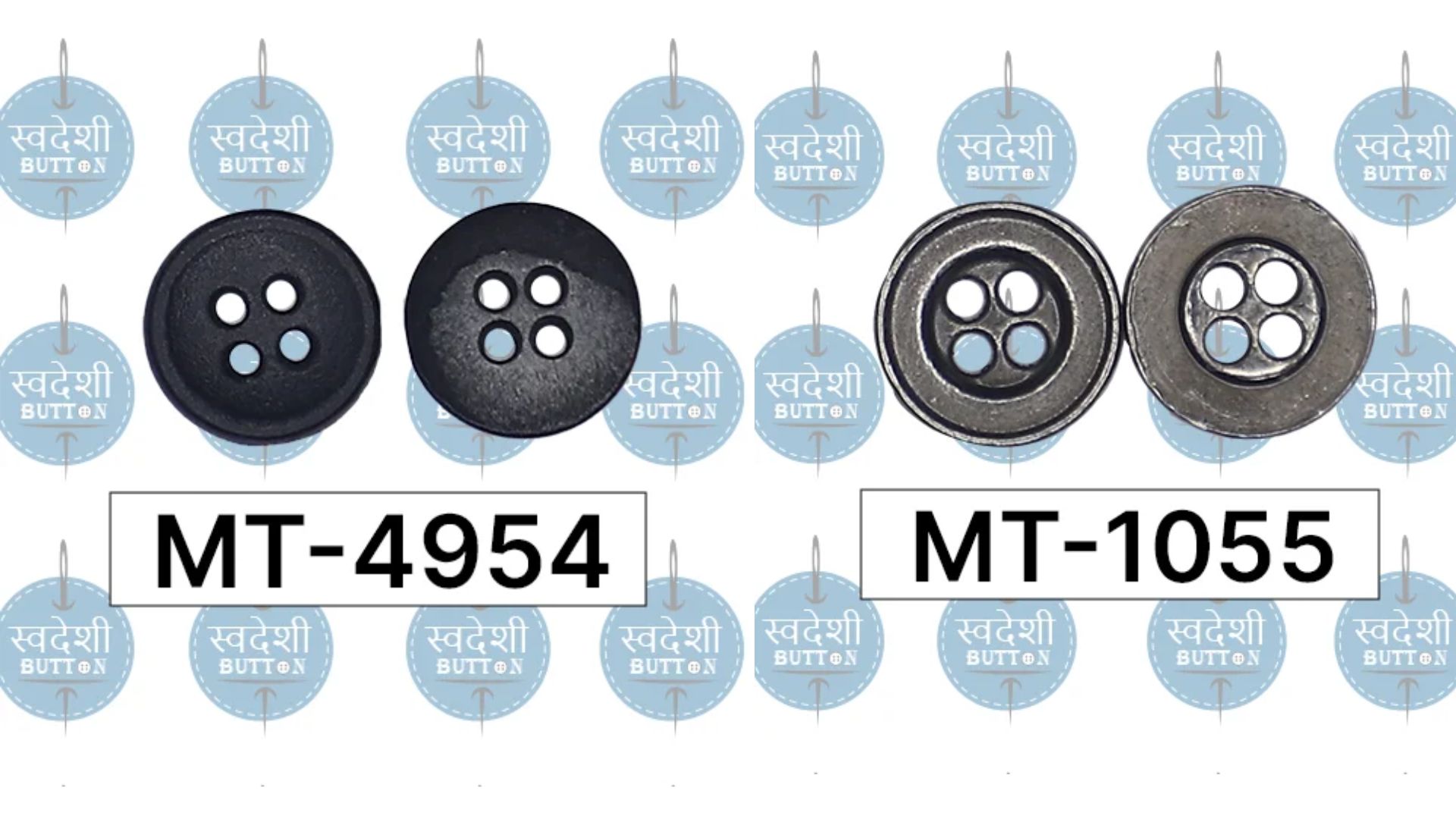
As global food standards and Kosher Certificate become more stringent, food certifications are increasingly essential for gaining consumer trust and expanding into international markets. One such important certification is the Kosher Certificate. For Indian businesses, especially those in the food and beverage industry, obtaining a Kosher Certificate in India can open doors to new markets and boost product credibility.
But first, let’s understand the Kosher meaning, why it matters, and how your business can benefit from this globally recognised certification.
What Does Kosher Certificate Really Mean?
The Kosher meaning comes from the Hebrew word kashér, meaning “fit” or “proper.” In food terms, Kosher refers to items that meet the dietary laws observed by Jewish communities. These laws—known as kashrut—dictate what can be eaten, how food should be prepared, and how different food types must be kept separate.
Some key rules of Kosher include:
-
Prohibition of pork and shellfish.
-
Only certain animals (with split hooves and that chew cud) are allowed.
-
Meat and dairy products must not be cooked or eaten together.
-
All equipment and utensils must be kept clean and used separately for meat and dairy.
While these rules are religious in origin, they are also associated with high standards of hygiene, cleanliness, and food safety. This is why Kosher-certified products are preferred not just by Jewish consumers, but also by health-conscious buyers around the world.
The Growing Relevance of Kosher Certification in India
India is one of the world’s top producers and exporters of food, beverages, spices, herbal products, and nutraceuticals. As global consumers become more selective, food certification has become essential to meet international buyer requirements.
Getting a Kosher Certificate in India can help Indian businesses tap into growing demand from countries such as the United States, Canada, Israel, the UK, and parts of Europe. In these markets, Kosher products are often in high demand due to dietary preferences and religious requirements.
Interestingly, even non-Jewish consumers—like vegetarians, vegans, and some Muslims—often choose Kosher products for their strict preparation methods and traceable ingredient sources. This makes Kosher certification a powerful tool to reach a wider audience.
Who Should Apply for a Kosher Certificate?
Businesses across multiple sectors can benefit from a Kosher Certificate, especially if they are looking to export or build trust in new markets. These include:
-
Packaged food and snack manufacturers
-
Spice and condiment producers
-
Oil, ghee, and dairy companies
-
Herbal and ayurvedic product brands
-
Nutraceutical and pharmaceutical companies
-
Beverage and juice producers
Even if your products are already compliant with FSSAI or ISO standards, Kosher certification adds another layer of credibility and international acceptance.
How to Get a Kosher Certificate in India
Getting a Kosher Certificate may sound complicated, but with the right steps and guidance, it can be a smooth process. Here’s how it typically works:
-
Choose a Certification Agency
Work with a reputable Kosher certifying body like OU (Orthodox Union), OK Kosher, or Star-K. Many of these agencies have Indian representatives. -
Application Process
Submit all required documents, including product details, ingredient sources, processing methods, and facility layout. -
Facility Inspection
A qualified Rabbi or Kosher supervisor will inspect your facility to verify compliance with Kosher laws. They will check everything from production practices to ingredient storage and cleanliness. -
Certification Approval
If your facility passes the inspection, you’ll receive the Kosher Certificate. Certification is generally valid for one year and can be renewed through follow-up audits.
The process may require small changes in operations, but the long-term benefits make it worthwhile.
Read Also – Understanding Kosher Certification
Why Kosher Certification Adds Business Value
A Kosher Certificate is more than a religious label. It shows that your company follows strict food preparation guidelines and quality controls. Here’s how it helps your business:
-
Expands Export Potential: Many international buyers require Kosher certification before making a purchase.
-
Builds Trust: Consumers view Kosher labels as a sign of quality, hygiene, and transparency.
-
Improves Market Reach: You can cater to a broader audience, including health-conscious, vegetarian, and religious buyers.
-
Strengthens Brand Image: A certified product is more likely to be stocked by major retailers and trusted by global partners.
Final Thoughts
Understanding the Kosher Meaning and obtaining a Kosher Certificate in India can transform your business from local to global. Whether you are a food producer, spice exporter, or herbal product manufacturer, Kosher certification helps you meet the expectations of quality-conscious and faith-driven consumers.
By earning a Kosher Certificate, you show your commitment to high standards, safe production, and international best practices. In a competitive market, that kind of credibility makes all the difference.





